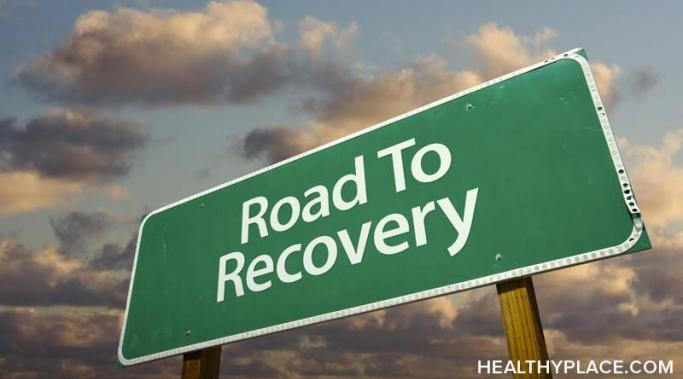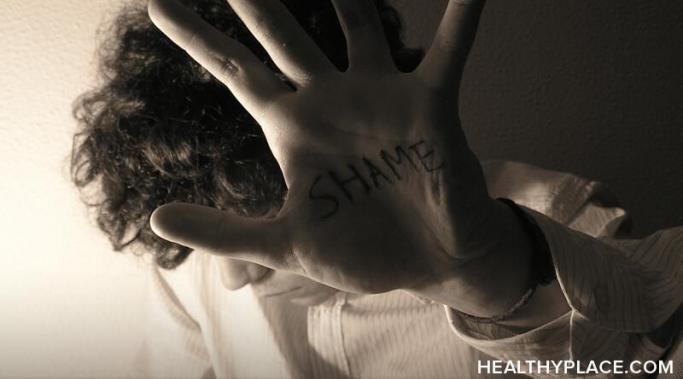I sleep a lot. I always have. From a certain point of view, I'm lucky that I can sleep, but it's rarely enough. This was worse when I had young children to look after, plus a house, a spouse, and a full-time job that had me up nights resolving issues. Like so many working people worldwide, my remedy to combat sleepiness and fatigue was to guzzle coffee. But I'm retired now, a young retiree at 57. I had hoped to be full of energy without the burden of full-time work. I thought once I retired and got ample regulated sleep, that the feeling of sleepiness would go away. It hasn't.
Effects of Anxiety
I wrote many blog posts this past year about my struggles late last summer with weeks of acute panic and anxiety that left me traumatized. I attended weekly therapy and worked hard for almost a year to get to a point where I could finally revisit the place where the worst of the trauma occurred, which I did, successfully. With that said, I'm wondering if therapy still makes sense for me.
Nobody is perfect. Another way of saying that is: everybody makes mistakes. They're an opportunity for growth—something about failing forward, or, without mistakes, there is no progress, and so on. Some people take their mistakes in stride, learning the lessons and moving forward, seemingly unconcerned. As for me, whenever I make or may make a mistake, I deal with anxiety bombs of varying sizes that go off inside me, rendering me twitchy, edgy, and generally a mess.
For almost a year, I have been going to therapy to work through the trauma associated with the debilitating episodes of acute panic and anxiety I suffered late in the summer of 2021. In recent weeks, I have been practicing my anxiety-mitigation strategies and testing my resilience to anxiety triggers in preparation for a return to the location where the apex of the episodes occurred. With extreme gratitude, I'm happy to say that revisiting the place was a tremendous success.
I've considered suicide in the past, several years ago. More recently, I've had disturbing intrusive thoughts. Having experienced—and survived—both, I know how intrusive thoughts can easily bleed into thoughts of suicide. (Note: This post contains a trigger warning.)
On August 10, 2022, I wrote about how I reached a milestone in my trauma recovery, specifically, how I managed through a potentially high-triggering event without incident. The most significant milestone will arrive this weekend when I return to where the worst part of the trauma occurred. I'm trying to be proactive in my preparations by taking stock of the panic- and anxiety-mitigation tools I have at my disposal.
Almost a year ago to the day, I crashed headlong into weeks of crippling panic and anxiety attacks that left me terrified and traumatized. I sought out and found a trauma therapist who could help me get beyond the trauma so I could be myself and get back to living. I'm delighted to say that last week, I reached a significant milestone in my trauma recovery.
Late last summer, I went through weeks of acute panic and anxiety. I was very sick, and the mental and physical symptoms I endured were traumatic. I am in treatment to address those traumas, including the guilt and shame I felt from being sick and the residual guilt and shame I feel to this day.
My history with therapy has been, to put it mildly, spotty. I’ve seen a number of therapists since I was a child, but I haven’t had good experiences with most of them – this was due to any number of factors ranging from some being incompatible with my personality to others literally causing me to cry after the session ended. Because of that, my desire to continue with any new therapist has not been strong. But because my mental health has been so unstable for a while now, I decided I needed to make a change. As of the end of last month, I decided to restart therapy, so this post will focus on that.
Therapy can be grueling sometimes. Anybody who tells you differently is either lying or trying to soften the blow. Regardless, they've done you a disservice, in my opinion. In order to reap the benefits of therapy, a commitment to work hard in partnership with your therapist is required. I've engaged in trauma therapy to help with my anxiety. My experience with eye movement desensitization and reprocessing (EMDR) trauma therapy is hard work that's paying off.









